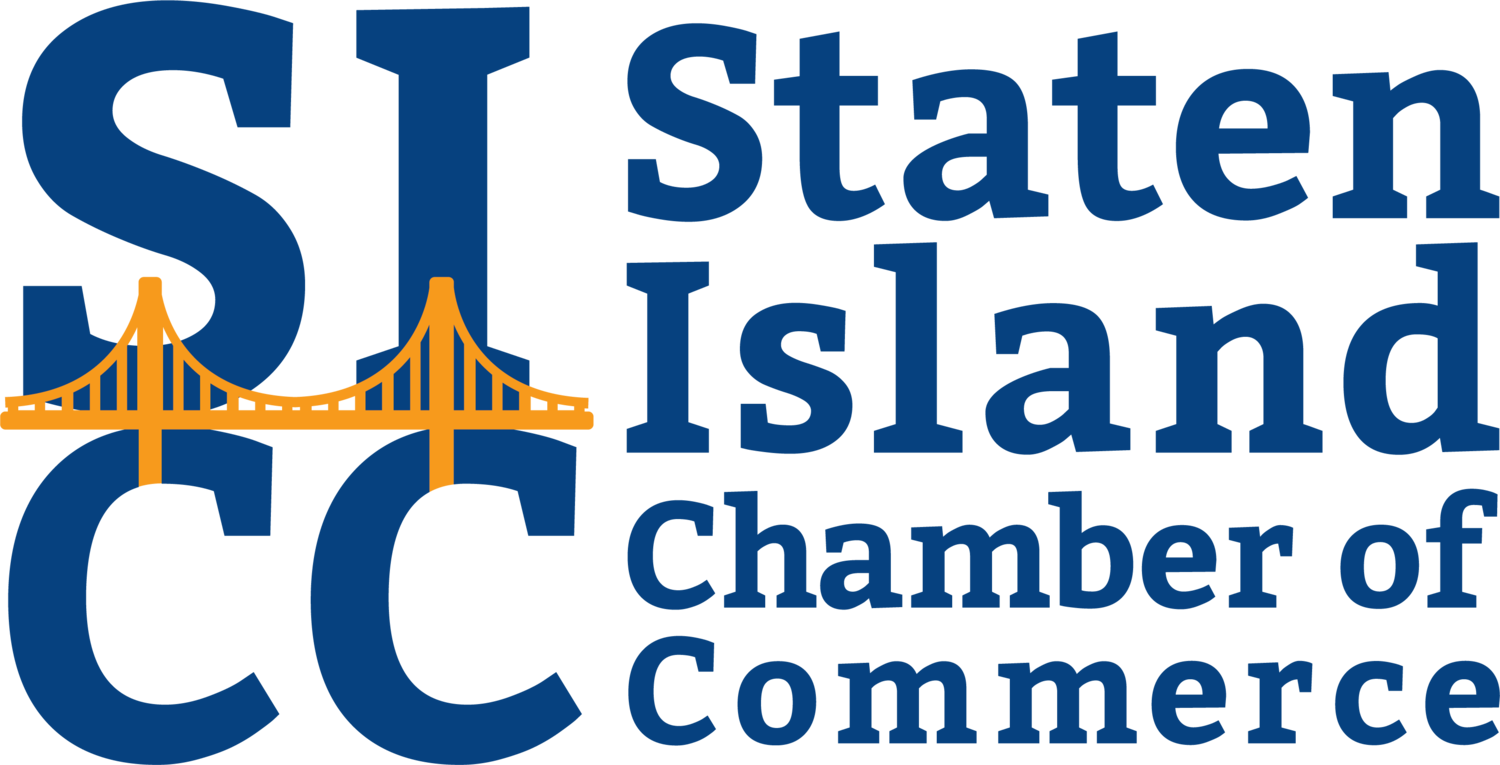Another Voice: Tariffs on medicines would be a prescription for higher costs in New York
By Linda Baran, from Buffalo News
New York is a hub for the life sciences – driving research, investment and job creation across the state. The New York City area life sciences hub is the largest in the United States, generating billions in economic activity. But a new federal trade proposal could derail that momentum.
The Trump administration plans to impose sweeping tariffs on imported medicines and their ingredients, on top of a 15% tariff on products from the European Union. This one-size-fits-all approach risks doing far more harm than good, especially here in New York.
Trump’s proposal targets all imported medicines, including from longstanding allies such as the United Kingdom and Switzerland – countries that maintain strong regulatory standards. Broad tariffs would disrupt supply chains and increase costs for New York consumers. Access to affordable medicine is already a pressing concern for New Yorkers. Nearly 7 million residents – over a third of the population – are enrolled in Medicaid. Across our state, nearly half of adults report difficulty affording health care.
Tariffs would hit New York businesses – many of which help cover the cost of prescriptions through employer-sponsored health plans – by driving up insurance premiums and overall health care spending. And they’d ultimately land on patients at the pharmacy counter.
The economic consequences would extend to inventive startups and biotechs across the state, from Harlem’s Volastra, which is advancing a treatment for ovarian cancer, to Albany’s Humonix Biosciences, which is pioneering 3D tissue models to develop ophthalmology drugs.
Eight in 10 biotech firms say it will take a year or more to reshore supply chains. Almost half say it could take more than two years. Drug shortages will follow.
Strengthening America’s supply chain for medicines is essential, but it must be done strategically. Overreliance on nations like China is a legitimate national security concern. But punishing close allies that share our safety standards and supply critical components is counterproductive.
To truly secure access and support U.S. businesses, we need targeted, strategic solutions – not broad tariffs that raise costs, restrict access and burden those working to deliver lifesaving care.
Linda Baran is the president and CEO of the Staten Island Chamber
